Discover The Road to Now
The Road to Now

The Road to Now
Author: RTN Productions
Subscribed: 791Played: 26,638Subscribe
Share
Description
Bob Crawford (The Avett Brothers) & Dr. Ben Sawyer (MTSU History) share conversations with great thinkers from a variety of backgrounds – historians, artists, legal scholars, political figures and more –who help us uncover the many roads that run between past and present.
For more information, visit TheRoadToNow.com
If you'd like to support our work, join us on Patreon: Patreon.com/TheRoadToNow
For more information, visit TheRoadToNow.com
If you'd like to support our work, join us on Patreon: Patreon.com/TheRoadToNow
430 Episodes
Reverse
What is Americana music? Is it a genre? A community? A refuge? Twenty four years after the founding of the Americana Music Association and thirteen years since the first Grammy was awarded for Best Americana Album, defining "Americana" remains tricky. In our experience, the most common answer has been "you know it when you hear it." However you define it, however, there is one thing everyone agrees on: Emmylou Harris and Rodney Crowell are Americana legends. In this episode, recorded in front of a live audience in Nashville, TN, Emmylou and Rodney discuss their musical careers, how they became associated with Americana music, and what Americana means to them. Bob too shares his musical journey both before and after joining the Avett Brothers and the ways that genre (Americana and otherwise) has been part of that story. This episode originally aired as RTN #284 on Sept. 25, 2023. This episode was originally edited by Gary Fletcher. Live audio recording and mixing by Adam Botner. This reair was edited by Ben Sawyer.
A decade after Ken Burns decided it was time to take on the American Revolution, the film is finished and premieres on your local PBS station on Sunday, November 16! In this episode, we talk with Sarah Botstein and David Schmidt, who directed the six-part series alongside Burns, to find out more about the stories and process that they used to construct this remarkable look at one of history's most fascinating and consequential events. Click here to find out more about The American Revolution: A Film by Ken Burns, Sarah Botstein & David Schmidt at PBS.com and make sure to tune in for the premiere on Sunday, November 16! This episode was edited by Ben Sawyer.
Wakara was a Ute leader whose power stretched across western North America long before the US claimed the land on which he lived. In this episode, Max Perry Mueller joins us to discuss his new book, Wakara's America: The Life & Legacy of a Native Founder of the American West, and how a story of the west that excludes Native peoples leaves us with an incomplete and often dishonest account of US history. Dr. Max Perry Mueller is Associate Professor in the Department of Classics and Religious Studies at the University of Nebraska-Lincoln. You can find out more about Max and his work at his website, MaxPerryMueller.com. This episode was edited by Gary Fletcher.
America's bookstores have always been about more than just books, but the role they play in American society has changed over the years. In this episode, Evan Friss joins us for a conversation about his New York Times Bestseller, The Bookshop: A History of the American Bookstore (Viking, 2023), and the unique place that bookstores – and those who operate them – have held in American society from the colonial era to our own. Dr. Evan Friss is Professor of History at James Madison University and the author of multiple books, including On Bicycles: A 200 Year History of Cycling in New York City (Columbia University Press, 2019). You can find out more about his work at his website, EvanFriss.com. A special thanks to our friend, Dane Honeycutt, for recommending that we invite Evan on the show to discuss The Bookshop. This episode was edited by Ben Sawyer.
National Constitution Center President & CEO Jeffrey Rosen returns to the show to discuss his new book The Pursuit of Liberty: How Hamilton vs. Jefferson Ignited the Lasting Battle Over Power in America, and the ways that the contrasting visions of the founders live on in our political debates today. Make sure to check out the National Constitution Center's website for links to the Interactive Constitution and the many excellent resources they offer for free. If you enjoyed this episode, you can hear more from Jeffery Rosen in episode 295 (The Pursuit of Happiness) and episode 211 (The Constitution). This episode was edited by Ben Sawyer.
Teaching history to a middle schooler is a very different task than teaching a university student, but those doing the teaching have a lot in common (and could probably learn a lot from each other). In this episode, recorded as part of a live event sponsored by the Tennessee Council for History Education, Ben is joined by his MTSU colleague (and friend of the show) Andy Polk, 6th grade teacher Rupa Charles, and high school teacher Brandon Eldridge, for a conversation about what it's like to teach history in 2025, the highs and lows of the profession, and what we wish those in our communities knew about the work we do to better our students' lives. A special thanks to Kira Duke at TNCHE for organizing this event and to Will Ackerman at Metro Nashville Public Schools for handling the a/v. If you enjoy this episode, make sure to check out our conversation with Andy Polk about his book, Faith in Freedom: Propaganda, Presidential Politics, and the Making of an American Religion in RTN episode number 216. This episode was edited by Gary Fletcher.
The War on Terror that followed the 9/11 attacks took place on battlefields across the globe, but it also took place in our legal system. In this episode, CNN's Jake Tapper joins us to discuss his new book, Race Against Terror: Chasing an Al Qaeda Killer at the Dawn of the Forever War, and how dedicated public servants saved countless lives by bringing a terrorist to justice. This episode was edited by Ben Sawyer.
The American Civil War and the end of slavery in the US may seem like one and the same from our modern perspective, but for those living through the conflict, the abolition of human bondage was anything but certain. Even into the last days of the war, slave traders in Confederate-held cities continued to auction off human beings, realizing handsome profits as they imposed violence and family separation on their subjects. In his new book, An Unholy Traffic: Slave Trading in the Civil War South, Robert K.D. Colby brings together a wide variety of sources to offer up a never-before seen look into the slave trade during the American Civil War. In this episode, he joins Ben and guest co-host Tim Talbott to explain how the slave trade evolved, why slave traders remained confident in the future of slavery even during the Civil War, and how the combined trauma of slavery and war impacted enslaved Americans long after their freedom had been secured. Robert K.D. Colby is Assistant Professor of History at Ole Miss who specializes in the Civil War and the history of slavery. His newest book, An Unholy Traffic was published by Oxford University Press in April 2024 and is available in both print and audiobook. Tim Talbott is the Chief Administrative Officer for the Central Virginia Battlefields Trust in Fredericksburg, Virginia and founding member and President of the Battle of New Market Heights Memorial and Education Association. Tim holds a MA in Public History from Appalachian State University, where Ben had the great fortune to study alongside him. Relevant Links: · The Smithsonian Digital Volunteers Transcription Center website · RTN Episode 270: Women & American Slavery w/ Stephanie E. Jones Rogers · RTN Episode 117: Slavery and the Making of American Capitalism w/ Edward Baptist This is a rebroadcast of RTN #308, which originally aired on June 17, 2024. Edited by Ben Sawyer.
Guerilla violence in the American Civil War was once considered a fringe topic of study, but the scale of the violence and its impact on society had a tremendous impact on the US during and after the conflict. In this episode, we speak with historian Andrew Fialka and illustrator Anderson Carmen about their new book, Hope Never to See It: A Graphic History of Guerilla Violence during the American Civil War (University of Georgia Press), how new approaches to the Civil War allow us to reimagine one of the most consequential moments in American history. Andrew Fialka is Associate Professor of History at Middle Tennessee State University. Anderson Carman is an Atlanta-based illustrator. You can see his illustrations from Hope Never to See It and other projects by following him on Instagram at @andersoncarman and subscribing to his Substack, Drawing Conclusions. This episode was edited by Gary Fletcher.
Chinese immigrants helped establish America's foothold on the western coast, yet few of us know what life looked like for those Chinese people who came to live in the US. In this episode, Beth Lew-Williams joins us to discuss her new book, John Doe Chinaman: A Forgotten History of Chinese Life Under American Racial Law, which blends extensive archival research with new technologies to illuminate stories that have long been buried in our history. Beth Lew-Williams is Professor of History at Princeton University and a recipient of the 2025 Dan David Prize. If you enjoy this episode make sure to check out our conversations with previous Dan David Prize winners: Women and American Slavery w/ Stephanie E. Jones Rogers (#270) and The Archaeology of Dust w/ Anita Radini (#269). This episode was edited by Ben Sawyer.
Washington Post Global Economics Correspondent David J. Lynch joins Ben & Bob for a discussion about his new book The World's Worst Bet: How the Globalization Gamble Went Wrong (and What Would Make it Right) (Public Affairs, 2025). David has a unique perspective on globalization; first as a journalist who has spent the last four decades covering the global economy for some of America's most influential media outlets, and now as an analyst of how the optimism of the 1990s turned to the pessimism of today. If you enjoy this episode, make sure to check our conversation with Joe Lockhart in episode #344. This episode was edited by Gary Fletcher.
It's Labor Day, so we're sharing one of our favorite conversations on the history of labor in the US- our 2018 conversation with Louis Hyman on his book Temp: The Real Story of What Happened to Your Salary, Benefits & Job Security. We hope you have a great holiday! This episode originally aired as episode 103 on August 18, 2018. This rebroadcast was edited by Ben Sawyer.
Joe Lockhart served as White House Press Secretary for President Bill Clinton from 1998-2000, and played central roles in Presidential campaigns from Walter Mondale to John Kerry. In this episode, Joe joins us to recap how the political landscape has changed since the 1980s and the paths that Democrats might pursue in their efforts to escape the political wilderness. This episode was edited by Gary Fletcher
A Presidency is defined by the decisions that a person makes while serving as Executive, but a Presidential legacy is about much more than that. In Mourning the Presidents: Loss and Legacy in American Culture, (UVA Press, 2023)Lindsay Chervinsky and Matthew Costello have brought together a collection of chapters that explore the ways that mourning ceremonies, causes of death, and moments of passing impact the way that we remember a President at the time they die, and how new research and a more inclusive understanding of US history have reshaped Presidential legacies in the years that follow. In this episode, Lindsay joins Ben and Bob for a conversation about some of the fascinating stories crafted by the book's contributing authors and how Presidential legacies might tell us more about ourselves than the individuals who have served in the Oval Office. Dr. Lindsay Chervinsky is a historian of the American Presidency who is currently a fellow at the Kluge Center at the Library of Congress and a Senior Fellow at the Center for Presidential History at Southern Methodist University. Her first book, The Cabinet: George Washington and the Creation of an American Institution (Belknap Press, 2020) won multiple awards and was the topic of our conversation for her first appearance on The Road to Now in episode 184. You can learn more about Lindsay and her work at her website: LindsayChervinsky.com If you enjoyed this episode, you'll probably also like our conversation with Jeffrey Engle on the history of Presidential impeachment (RTN episode 109). This episode originally aired as episode 263 on February 20, 2023. This rebroadcast was edited by Ben Sawyer.
The war between the US Army and the Native American confederation during the war of 1812 is a buried story in an often-overlooked event, yet its impact on the history of North America is profound. The leading figures on both sides of the war, Shawnee Chief Tecumseh and US Army General William Henry Harrison, had come of age in the struggles over what is today called the Midwest United States, and both understood that losing the war would mean losing the future they imagined for their people. In this episode, Ben & Bob do a deep dive on the story behind that war with Peter Stark, author of the incredibly accessible book, Gallop Toward The Sun: Tecumseh and William Henry Harrison's Struggle for the Destiny of a Nation (Random House, 2023). Peter Stark is an adventure and exploration writer and historian who was previously a correspondent for Outsidemagazine. His previous book, Young Washington: How Wilderness and War Forged America's Founding Father, was named a finalist for the George Washington Book Prize in 2019. You can follow him on Instagram at @peterstark_adventure_historian. This is a rebroadcast of episode #383, which originally aired on August 28, 2023. This rebroadcast was edited by Ben Sawyer.
The affordable housing shortage in many American cities is making urban life more difficult for all of us. But the problem of housing is not a new one, and history has some valuable lessons for those looking for solutions. In this episode, historian Tom Hanchett joins us to talk about his new book, Affordable Housing in Charlotte: What One City's History Tells Us About America's Pressing Problem and the truths, myths, and ironies of government subsidized housing in the United States. If you enjoy this episode, check out Tom's previous appearances on our show in episode 159 and episode 4. This episode was edited by Ben Sawyer.
In the late 18th century, tens of millions of buffalo lived in North America. By the mid-1880s, they were on the brink of extinction. For the white settlers who sought to "conquer" the American west, and the Native people whose way of life depended on them, the plight of the American Buffalo was more than a story of one species of animal. As Dayton Duncan writes in the prologue of his new book Blood Memory, the buffalo has "emerged as an embodiment of the nation's contradictory relationship with the natural world: venerated and mercilessly destroyed, a symbol of both a romanticized frontier and the callous conquest of a continent." In this episode, Dayton joins us for a conversation about the Buffalo (aka American Bison) and how the story of one animal can tell us so much about American history. Dayton Duncan is an Emmy award-winning writer whose most recent collaborations with filmmaker Ken Burns are the book Blood Memory: The Tragic Decline and Improbable Resurrection of the American Buffalo (Alfred A. Knopf, 2023)and the new documentary The American Buffalo (2023) which is available right now at pbs.org. If you enjoyed this episode, check out our previous conversation with Dayton Duncan in RTN #229 on Benjamin Franklin. This episode originally aired as episode 285 on October 2, 2023. This rebroadcast was edited by Ben Sawyer.
Jon Grinspan has done something remarkable: in his new book, Wide Awake, he tells a thoroughly researched and brilliantly crafted story that may change your understanding of the origins of the American Civil War. In this episode, Jon joins us for a conversation about the Wide Awakes, the anti-slavery youth movement that played an instrumental role in electing Abraham Lincoln in 1860 and took part in some of the first acts of violence between pro and anti-slavery Americans in 1861. Jon also discusses the ways that the past and present interact in powerful ways, and how politics can evolve, step-by-step, into violence. To quote Jon's recent article in The Smithsonian: "The most consequential political organization in American history….began when a few working-class kids designed a costume, which grew into a movement and ultimately an army. And it ended with a civil war." Dr. Jon Grinspan is a curator of political and military history at the National Museum of American History. His book Wide Awake: The Forgotten Force that Elected Lincoln and Spurred the Civil War was released on May 14, 2024 from Bloomsbury Press. Click here to order your copy! You can hear Jon's previous appearance on The Road to Now in episode #220 Processing the Past w/ John Grinspan. This is a rebroadcast of RTN #306, which originally aired on May 13, 2024. This rebroadcast was edited by Ben Sawyer.
For half a century, the US-Soviet rivalry pitted the two most powerful nations in human history against one another other in a conflict that had the potential to end civilization. The fact that the Cold War ended without the doomsday scenarios so many had predicted is testament to the power of good diplomacy, and good diplomacy only happens when you have good diplomats. In this episode we speak with Jack Matlock, a diplomat whose 35 years in the State Department culminated in his selection by Ronald Reagan to serve as US Ambassador to the Soviet Union in the final years of the Cold War, where he played a key role in transforming US-Soviet relations. Last week, the Trump Administration cut over 1,350 positions in the US State Department, many of them held by dedicated, knowledgeable and experienced foreign service experts who have sacrificed a great deal to serve our country abroad. We hope that by sharing our conversation with Ambassador Matlock, you'll better appreciate the crucial work done by our diplomatic corp and why we'd all be better off if the Trump administration reconsidered its drastic cuts to the state department. This is an abridged version of RTN episode #50, which was recorded live at Middle Tennessee State University and originally aired on March 28, 2017. An unabridged video version of this episode is available on our YouTube page by clicking here. This reair was edited by Ben Sawyer.
FBI agent Robert Hanssen was one of the most damaging spies in US history. From 1979 to 2001, Hanssen delivered some of the United States governments' most sensitive secrets to Soviet and Russian agents, who used them to not only undermine US national security, but to identify and execute individuals who were working with the FBI. And despite an awareness of spies working within the FBI, Hanssen managed to operate for more than two decades before finally getting caught. In this episode we speak with CBS News' Major Garrett, whose new podcast Agent of Betrayal: The Double Life of Robert Hanssen, explores Hanssen's decision to spy on the US and how he managed to operate for so long without being caught. A thoroughly researched history with all the turns of a great true crime podcast, we think you'll enjoy Agent of Betrayal, available on Apple podcasts, Spotify, or anywhere else you get your podcasts. This episode originally aired as episode 287 on October 16, 2023. This rebroadcast was edited by Ben Sawyer.









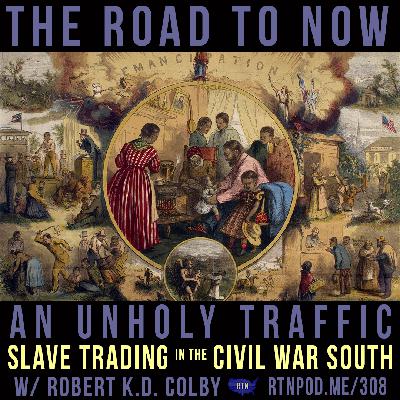
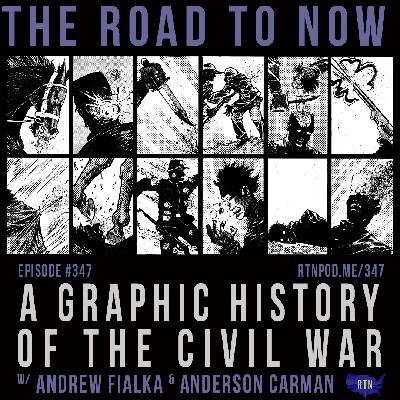
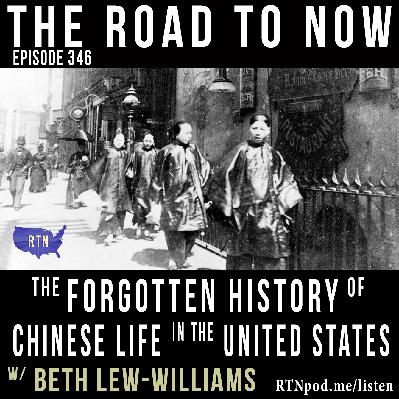
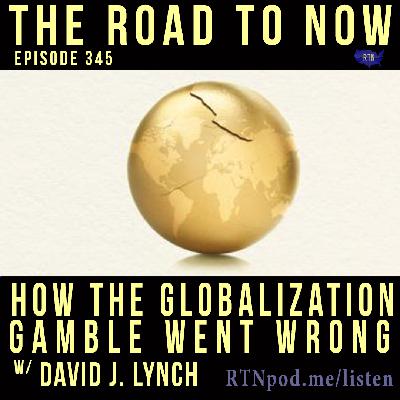
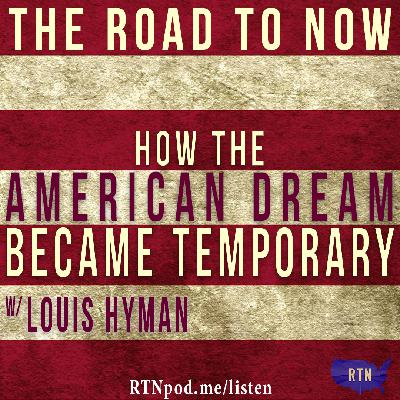
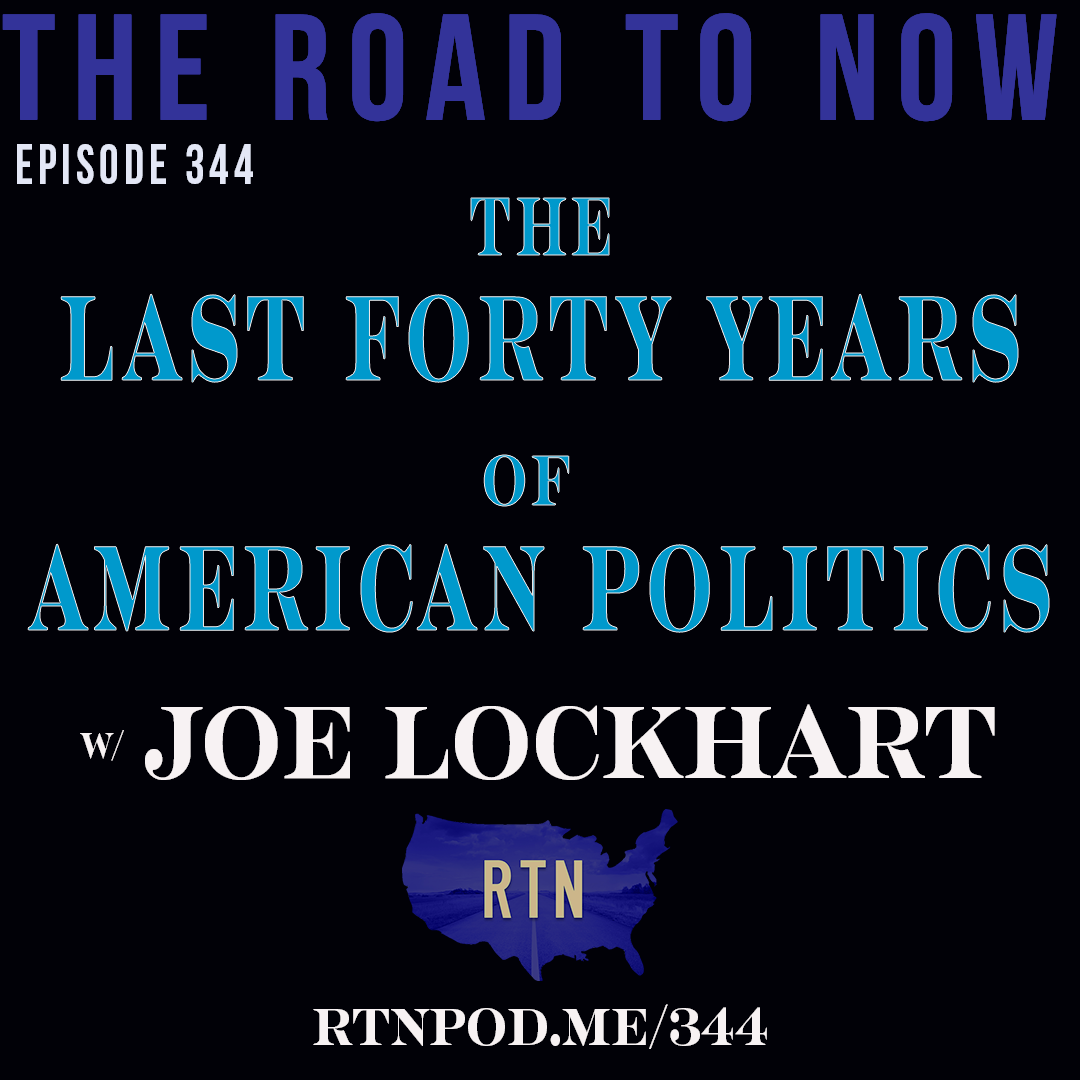
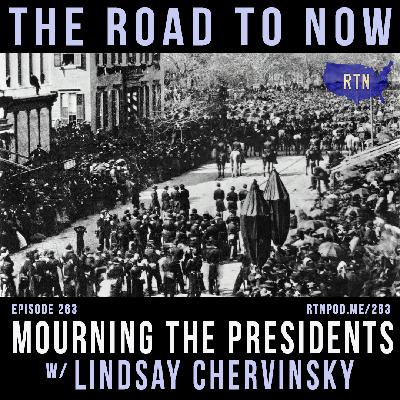
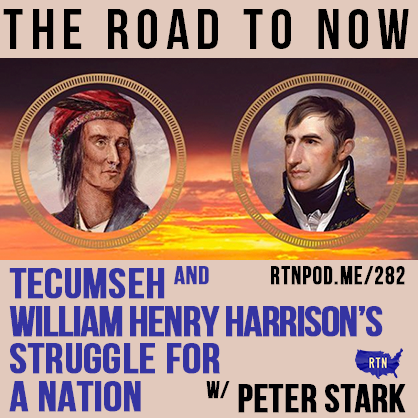

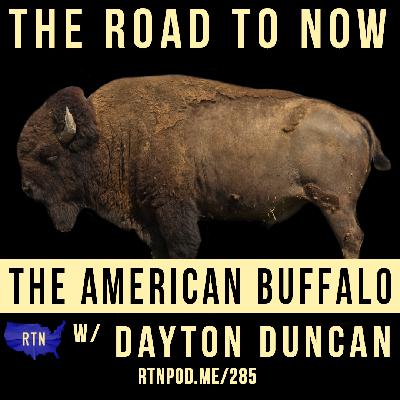
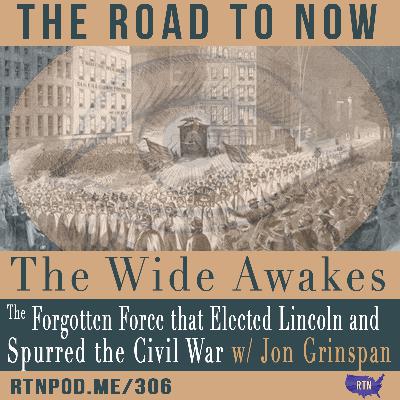
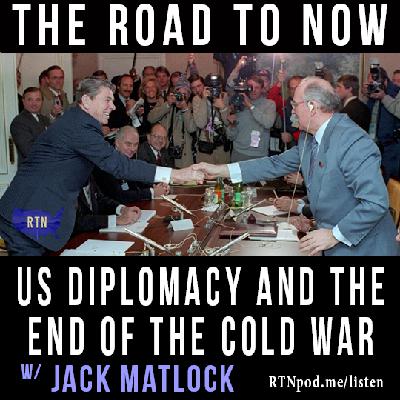




episode wouldn't play ... lucky it's a repeat, (I guess).
Hello Ben, I have a quick question. Why can't we use seized Russian assets to offset the global rise in oil prices? If Russian oligarchs are literally forced to pay for fuel for the rest of the world, wouldn't that expedite an overthrow of Putin's government? I sincerely appreciate your insight, Love the show, Dan Broughton
-This podcast is of substantial quality & a pleasure to listen to.
The only reason I listened to this podcast was because Bob Crawford is an awesome bass player (and human being) who plays with one of my favorite bands, and I'm glad I found it! Keep up the good work, folks!!